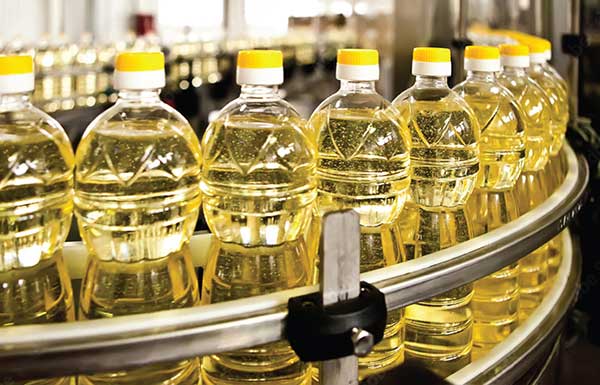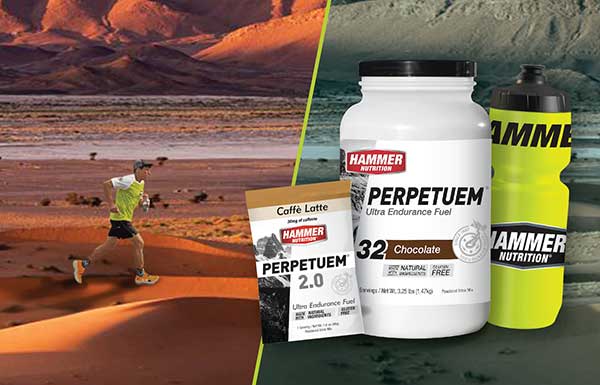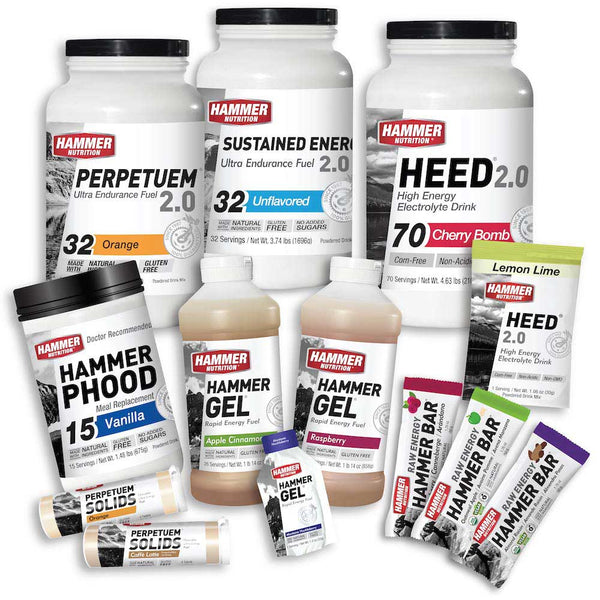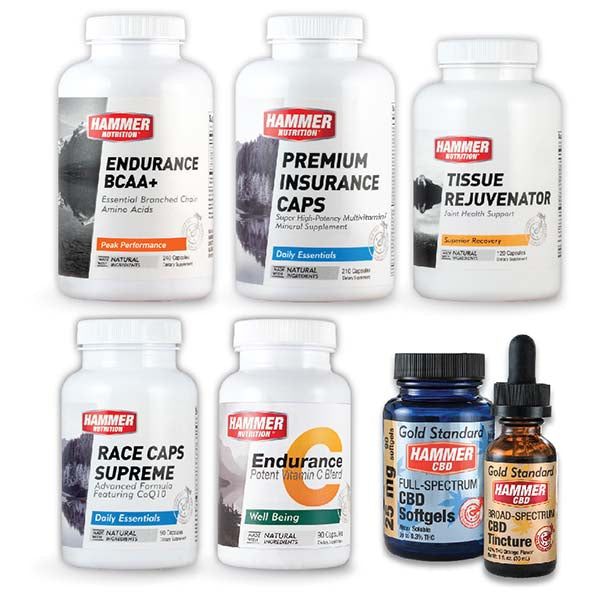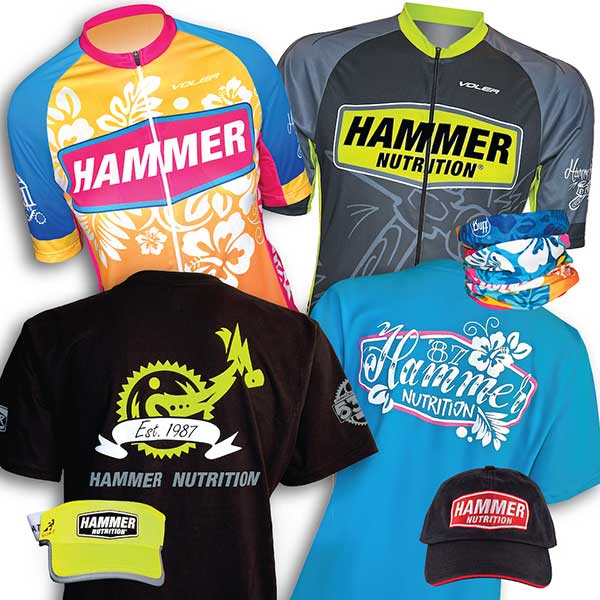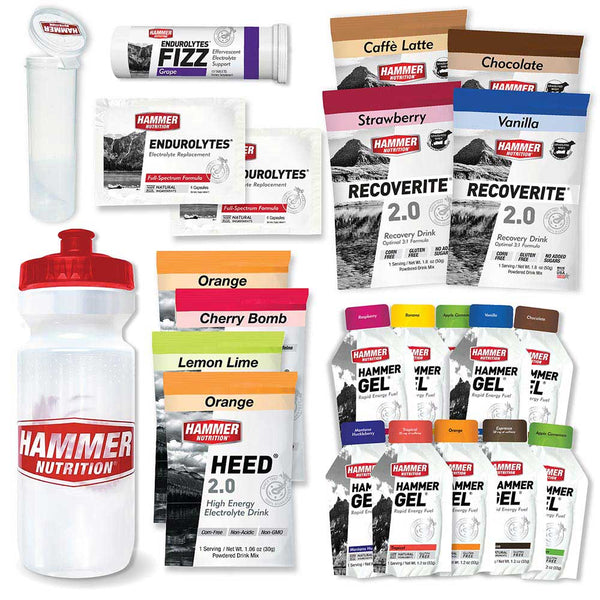
Here's the unsweetened truth about the carbohydrates in your food and exercise fuels
By Brian Frank
Recently Brian Frank was interviewed for a news article about carbohydrates for endurance exercise and health (South China Morning Post, Aug. 5, 2014). The topic is one that athletes often ask us about, and that can make all the difference in your athletic performance and health. Here's what you need to know about good and bad carbs, low carb diets, and "carb loading" before a race.

Q: Do endurance athletes really need as many carbohydrates as we've previously been told?
A: First, let's clarify the term "carbohydrates." Not all carbs are the same. There are some very good carb sources, some very bad carb sources, and some carbs that should be consumed only in moderation.
Most athletes need more good carbs. Good carbs include leafy greens (such as lettuce and spinach), cruciferous vegetables (like broccoli, kale, and bok choy), and vegetables with a high water content (like zucchini). These are more than adequate for post-workout replenishment and they are not associated with inflammatory and/or degenerative diseases.
"Bad" carbs include wheat and sugar; you should eliminate them from your diet, both for optimal health and peak athletic performance. The third group of carbs - starches and low-gluten grains like rice and potatoes - can be bad when consumed in excess, but in moderation can be helpful for controlling one's weight. The key is to eat them only after you have met all other dietary requirements by consuming an abundance of "good carbs," along with lean protein and high quality fats.
Q: What is Hammer's position on low carb diets?
A: Many who follow "low carb" diets use it as an excuse to avoid eating healthy carb vegetables, yet they still manage to consume refined sugar and wheat. In fact, the average American eats over 150 pounds of refined sugar each year, and several times that amount of wheat. This is precisely why we face epidemic levels of obesity, diabetes, and inflammatory/degenerative diseases including cancer. Meanwhile, many companies continue to sell sugary sports drinks, gummy candies, and jelly beans - touting them as the best energy source for athletes.
Consuming the right carbs in the correct volume, before and during exercise as well on a daily basis, is beneficial for both health and fitness. Athletes do NOT need wheat or sugar, and they should avoid consuming these carbs in their daily diet and especially during exercise. The only time I recommend consuming low fiber, high-glycemic index complex carbs (such as maltodextrin) is immediately before and during endurance exercise. The volume should be between 120 and 180 calories per hour, depending on your size and the intensity of your exertion. Hammer's endurance fuels - HEED, Hammer Gel, Perpetuem, and Sustained Energy are made with the complex carbohydrate maltodextrin. They contain no refined simple sugars, such as sucrose, dextrose or fructose.
Q: Is carb loading still relevant nutrition advice for athletes?
A: In the strict sense of the term "carb loading" to increase glycogen stores before an anticipated depletion effort, the answer is a resounding NO! Not only is it not a good idea, but it will actually hinder your athletic performance.
You can't positively affect muscle glycogen storage capabilities at this time, and consuming excess calories will only cause bloating and other stomach issues.
The enzyme that controls glycogen synthesis and storage, glycogen synthase, is active only for a short time after your workouts. True "carb loading" is what you did for the first 60 minutes after your workouts in the weeks and months before a race. In the few days leading up to a race, and especially the night before - a period when you shouldn't be training - glycogen synthase is on "sleep mode."
Instead of "carb loading," maintain a steady intake of the good carbs described earlier, along with lean protein, and good fats - mostly omega-3s from fish and vegetable sources - during the "taper" leading up to an event. The night before a race, don't go overboard with one of those prerace pasta feeds. Consume complex carbohydrates, some high quality protein, and low-to-no saturated fat. Drink sufficient amounts of water. Skip the alcohol, fatty foods, and dessert. Eat until you're satisfied, and then call it a night. You will be more than prepared for an endurance event lasting from an hour to several days.
Q: If the real aim for endurance athletes is to burn their fat stores more efficiently, is there any way or product to help achieve that?
A: Yes! Endurance athletes should aim to do all they can to access and utilize their body's fat stores as their primary source of energy while preserving glycogen levels - 60-70% of total caloric expenditures during exercise will come from fat stores, if you allow it. The way to achieve this is to practice correct calorie timing before exercise and to consume the correct type of calories during exercise.
This means not eating for 3 hours prior to exercise and then (during exercise that lasts longer than 2 hours) consuming a mixture of complex carbs with small amounts of protein and fat mixed in. Perpetuem, Hammer Nutrition's "ultra fuel," provides these components in very precise ratios to allow the body to maximize fat utilization while still maintaining adequate glycogen synthesis to keep liver and muscle glycogen levels from being depleted. HN
